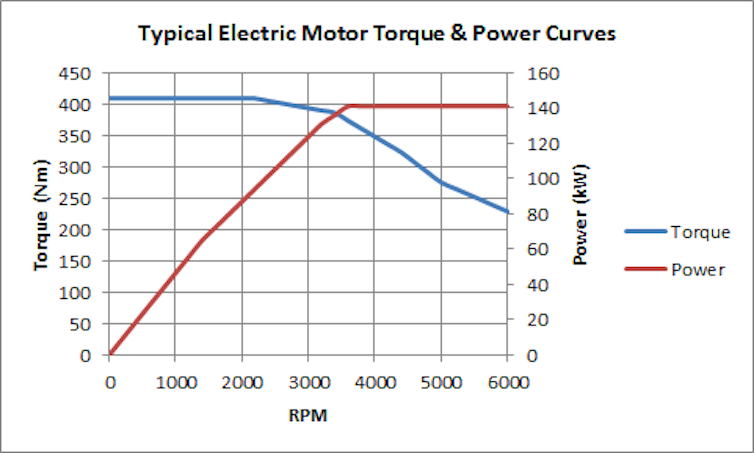Electric vs. Gas: The Ultimate Torque Showdown
What's the Big Deal About Torque Anyway?
Let's be honest, unless you're a gearhead, the word "torque" might sound like something from a Star Wars movie. But trust me, it's crucial when comparing electric vehicles (EVs) to gasoline-powered cars. Torque is basically the rotational force that an engine produces. Think of it as the "oomph" your car has when accelerating – that gut-punch feeling as you pin the pedal to the metal. The higher the torque, the faster the acceleration, especially at lower speeds.
EV Torque vs Gas Engine: A Tale of Two Curves
This is where things get interesting. Gas engines deliver their peak torque at a specific RPM (revolutions per minute). You need to rev the engine to a certain point before you feel that maximum power. It's like winding up a spring – you need to put in some effort before you get the full release. This is why manual transmissions were once so common; they allowed drivers to keep the engine in its optimal RPM range for maximum power.
EVs, on the other hand, are a different beast altogether. Electric motors produce maximum torque almost instantly, right from zero RPM. It's like having that "oomph" available the second you press the accelerator. This immediate torque delivery is what gives EVs that exhilarating "instantaneous acceleration" feeling. It's a completely different driving experience. Imagine the difference between a slingshot and a cannon – both can propel something forward, but the cannon delivers its power much more directly and powerfully.
The EV Torque Advantage: Instant Gratification
The instant torque delivery of an EV is not just about thrills; it has practical benefits too. Think about merging onto a highway or accelerating to overtake another vehicle. With an EV, you have that extra surge of power available instantly, making these maneuvers safer and easier. This is why EVs often feel more powerful than their horsepower rating might suggest. Horsepower is a measure of overall power output, but torque is what you feel in the seat of your pants.
The Gas Engine's Fighting Chance: High RPM Power
While EVs have the immediate torque advantage, gasoline engines have their own strengths. While their torque curve is less flat, gas engines generally offer higher peak horsepower at higher RPMs. This means that while they might not accelerate as quickly from a standstill, they can achieve higher top speeds and sustain power at higher velocities. It's a trade-off – instant acceleration versus sustained power at higher RPM.
EV Torque vs Gas Engine: Real-World Implications
The differences in torque delivery have significant implications for the everyday driving experience. EVs often feel more responsive and agile in city driving, making stop-and-go traffic less frustrating. They're also great for hill climbs, effortlessly pulling away from a standstill even on steep inclines. However, when it comes to sustained high-speed driving, like long highway trips at high speeds, a high-horsepower gas engine might still maintain a slight edge in terms of peak power.
Beyond Acceleration: Torque's Influence on Other Aspects
Torque isn't just about acceleration. It also impacts towing capacity and hauling heavy loads. The instant torque of an EV makes it a surprisingly capable towing vehicle, particularly for moderate loads. While high-powered gasoline engines may be more suitable for heavier towing, the instant responsiveness of EV torque significantly improves towing efficiency and maneuverability. However, keep in mind that towing significantly reduces an EV's range.
The EV Torque vs Gas Engine Debate: A Conclusion
The "better" powertrain – EV or gasoline – depends on your priorities. If you value instant acceleration, effortless city driving, and a more responsive driving experience, an EV's superior torque is hard to beat. But if you prioritize sustained high-speed power and long-range driving capabilities, then a gasoline engine might still be a more suitable choice. Ultimately, the best choice boils down to your individual driving style and needs. Both types of vehicles serve their purpose well, each offering a different, compelling set of advantages.
Frequently Asked Questions
Q1: Does higher torque always mean a faster car?
Not necessarily. While higher torque contributes to faster acceleration, especially at lower speeds, top speed is more related to horsepower. A car with high torque but low horsepower may accelerate quickly but have a lower top speed.
Q2: Can you improve torque in a gas engine?
Yes, there are several ways. Modifications like forced induction (turbochargers or superchargers), engine tuning, and performance exhaust systems can all increase torque output. However, these modifications often come with trade-offs and can reduce fuel economy.
Q3: Do EVs lose torque in cold weather?
Yes, similar to gasoline engines, EVs can experience a slight reduction in performance in cold weather. This is primarily due to the battery's reduced efficiency at lower temperatures which can impact the available power output.
Q4: How does EV torque compare to gas engine torque in off-road driving?
EV torque can be very beneficial for off-road situations. That instant, consistent torque helps navigate obstacles and maintain traction on challenging terrain. However, EVs generally have shorter ranges than gasoline-powered vehicles, which is a limiting factor during off-road adventures.
Q5: What about the maintenance of EV motors versus gas engines?
EV motors require far less maintenance than gasoline engines. There are no spark plugs, oil changes, or complex fuel systems to worry about. This simplifies ownership and significantly reduces long-term maintenance costs.

